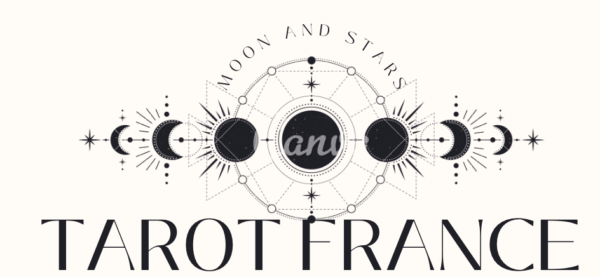5 billion, and also for-profits was indeed an interest out-of issues about default prices. Within the 2012, 39% of defaults for the government college loans happened among borrowers who had attended for-cash colleges – almost four times the new commission enrolled in brand new 2010-11 academic seasons.
To higher understand how to own-profit registration has an effect on student money, the brand new economists establish an alternative logical method using four in public areas available supplies, in addition to census information and research for the colleges, loans and you will a position. It compared exactly how scholar consequences altered round the urban centers you to experienced comparable financial downturns, otherwise “shocks” – conditions that improve the demand for college subscription – considering differences in their cousin source of having-cash as opposed to social universities (two- and you may four-year) anywhere between 2000 and you may 2018.
The analysis initially offered the fresh insight into exactly how students favor universities: They’re inclined to consult with an as-finances school for the places where there are other of them, as compared to components having less for-earnings, when a poor monetary wonder occurs.
Which is an important wanting, Lovenheim said, because it highlights students’ sensitiveness toward regional schools capable accessibility, and therefore impacts team development.
“That broad-starting ramifications for how teams will get over recessions,” he said. “This means the fresh gang of universities inside a region town is also determine the dynamics from economic interest for the reason that city.”
For-earnings colleges basically is also work more rapidly so you can need for particular levels than social competitors, where crowding can also restrict path availableness, the latest boffins told you. However, as they is nimbler and may expand accessibility over the years underrepresented people, this new article authors concluded for-winnings an average of send a poor return to your students’ De Ridder loan investment.
“In the elements with additional for-profits, the newest to own-cash people create even worse according to individuals college students,” Lovenheim told you. “They will be much better offered to visit a public-school. They would deal with reduced loans and you can default on straight down costs.”
Cornell Chronicle
The study discover the greater personal debt load are consistent with to possess-profits’ highest tuition – throughout the $3,3 hundred having five-seasons college students, towards probability of defaulting improved of the 11 payment things. Companies along with did not value getting-cash level because very. Throughout the a couple of-year market, for-funds children have been expected to complete amounts than just societal society college students, but still attained less.
Brand new conclusions strongly recommend various plan possibilities, the fresh new people said, as well as regulation to attenuate harmful funds, increased investment getting social postsecondary colleges and more suggestions for college students choosing between apps which could help discharge important professions – otherwise saddle them with debt and you can damaged credit.
“Pupils are only really misinformed concerning effects off choosing a good specific university,” Lovenheim said. “We must promote youngsters better recommendations and make these very important, life choices.”
- Eating & Agriculture
- Global Visited
- Wellness, Nutrition & Medicine
- Law, Regulators & Societal Coverage
- Existence Sciences & Veterinarian Drug
- Reports & Events
- Public Involvement
- New york city
- Team Information
By the James Dean |
Possible students is weighing the choice cautiously before enrolling at the an effective for-cash college – a decision that may show expensive, considering new research by the an excellent Cornell economist and you will collaborators.
Likely to for-cash universities causes youngsters to consider much more obligations and to standard in the higher prices, an average of, compared to similarly choosy societal establishments within organizations, new boffins receive.
Bad monetary outcomes, it argue, aren’t due to having-winnings looking after serve children away from a lot more disadvantaged experiences, a relationship created in earlier research. Instead, costly to have-winnings direct people to take out even more money, which they then struggle to pay back since they’re less likely to want to discover work, while the jobs it rating have a tendency to spend down wages.
